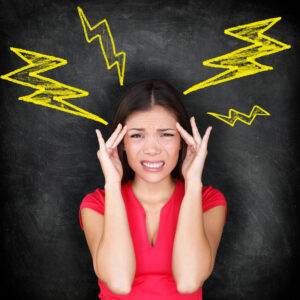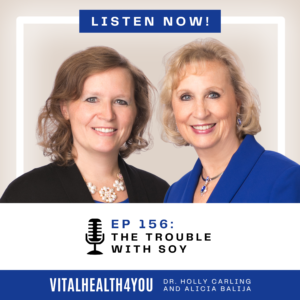Have you ever been accused of being a pain in the neck? Or, rather, do you have a pain in the neck? Neck pain is the third most common type of pain, with more than 1 in 4 Americans suffering. Pain can have a profound effect on the quality of life for those who experience pain chronically or intensely.
Those who hurt tend to be more irritable or short-tempered, impatient, fatigued, anxious, depressed, or try to limit social contact or activities that may exacerbate their symptoms. Many times pain affects sleep, and with sleep deprivation comes an increase in any of these issues.
Neck pain can come from a traumatic event, or over time due to deterioration of the spine, muscle spasms, and even seemingly “simple” incidences. We can whiplash the neck when in a car whose driver suddenly accelerates, or riding a horse that is bucking (and of course if bucked off). Any time the neck is thrust forward or backwards suddenly, whiplash can occur. Auto accidents get the most credit for whiplashes, but stepping off a curb or being knocked harshly, can cause one. Some expect that a low-impact car accident can’t do much damage, but that is quite the contrary. Symptoms can take 24-48 hours to appear, and at times a couple of weeks later.
Many people hold stress in their neck and it becomes increasingly tighter and tighter, causing new problems: headaches, neuropathy, acute spasms that may lead to torticollis, and other conditions.
Headaches caused by neck discomfort lead many to seek resolution of their neck pain because it now effects their productivity or enjoyment of life. Acupuncture is a common choice.
According to WebMD: “The author of one study, Dominik Irnich, MD, tells WebMD that, “acupuncture is widespread in the world. Western medicine is wonderful and successful, but in many, many chronic conditions … there is a lack of success, and Eastern medicine methods may be the right choice. … [Our] study shows that acupuncture is more effective than one of the most customary treatments for chronic neck pain [that is, massage].” Irnich is an anesthesiologist specializing in pain therapy at the University of Munich and the German Medical Acupuncture Association.”
Acupuncture has some known mechanisms for the effectiveness in its treatment for pain. In the brain, there are several naturally occurring opioids that reduce pain. These are released with acupuncture, via the central nervous system. Acupuncture at the point of pain helps the body with pain in that specific area. Neurotransmitters and neuro-hormones are released that also have a role in the perception of pain. Acupuncture also helps the immune and healing mechanisms in the body. Acupuncture is known historically for its ability to reduce muscle spasms and swelling, commonly associated with pain.
If you are ready to get rid of the pain in the neck in your life, try acupuncture – it works!
©2016 Holly A. Carling, O.M.D., L.Ac., Ph.D.







